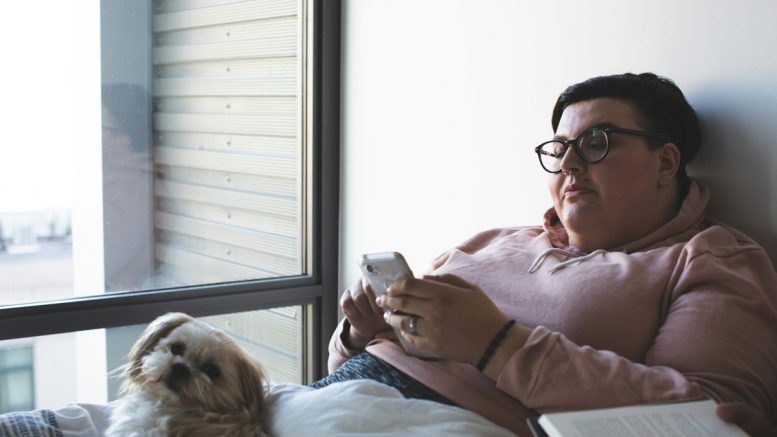Technology, in particular those with screens, has been linked to numerous health-related pros and cons. Among the most talked about of these is in relation to weight. Specifically, how screen time trends have impacted obesity rates.
So far, numerous research studies have shown that rising screen times have made obesity rates much worse. Case in point, a decades-long study found that young people who spent more time in front of a screen had a higher chance of becoming obese in adulthood due to their more sedentary lifestyle choices. Currently, the Harvard T.H. Chan School of Public Health estimates that up to two in three US adults are obese. At the same time, the average American spends over seven hours in front of a screen for both professional and recreational purposes.
Despite these worrying links, it’s unrealistic to expect most people to cut technology from their lives, even if their weight depends on it. Following mass digitalization, most transactions are carried out online, including everything from retail and entertainment to healthcare and business. With this in mind, some health stakeholders have optimized the convenience of tech to make weight management more accessible. From becoming a trigger for obesity, tech and screen time are now poised to make health and fitness a reality among more people. Here are a few ways how:
Increased access to specialized obesity healthcare
Although generally well-meaning, the weight bias that many doctors have leads them to trivialize any concerns their overweight patients might have. In relation to weight loss, this leads many to incorrectly suggest that mere diet and exercise alone is enough. However, obesity is a complex condition that is highly nuanced and, therefore, needs more tailored and compassionate care. This is the pain point that a patient can address via an online weight loss clinic. Led by doctors who are among the 1% that are certified in weight loss management, these clinics offer a well-rounded and customizable approach to reaching your goal weight. This includes 1:1 doctor check-ins, personal nutrition programs, and prescription weight loss medication for those who qualify. While these do require a fee, each program can be adjusted to match a person’s means and can be coordinated with insurance companies. Because these progams are 100% virtual, the clinics can be accessed from any smart device at any time.
Improving the visibility of fitness professionals
Many obese individuals feel too embarrassed to start working out, whether that’s because they feel ashamed to be at a physical fitness center or because they don’t know where to begin. Fortunately, fitness classes streamed online target this concern. By meeting audiences on whatever content-sharing site they frequent, these classes can make working out seem less foreign. Apart from this, it also allows viewers to workout from the comfort of their own homes, making it ideal for those who have mobility, scheduling, or financial constraints. Moreover, these channels are run by a variety of fitness professionals, each of whom has been certified in different practices. As such, viewers can check out and try a myriad of different pro-led workouts until they find one that best suits them without making any in-person commitments. In many cases, these channels also feature trainers with diverse body types so audiences can find somebody they resonate with.
Easier to adopt long-term healthy habits
Effective and sustainable weight loss results rely on well-rounded holistic habits that don’t just end once milestones are met. Unfortunately, many people find their commitment and vigilance wavering once they’ve hit their health and fitness goals. To help with this, health and fitness apps are designed to inspire long-term user engagement. By using approaches like an attractive UI, content-sharing options, and incentives, these apps are able to keep users engaged. Some apps that require a subscription fee also sweeten the deal by offering discounts for bulk purchases or long-time customers. Whether this is through tracking sleep, water intake, daily steps, or anything else, these more cleverly designed apps are helping keep people consistently accountable and inspired. In the long run, this helps form healthy habits that are second nature for users to follow, thereby making it relatively easier to keep off any weight that was lost.
For more on health and technology, please visit the rest of our blog here.





